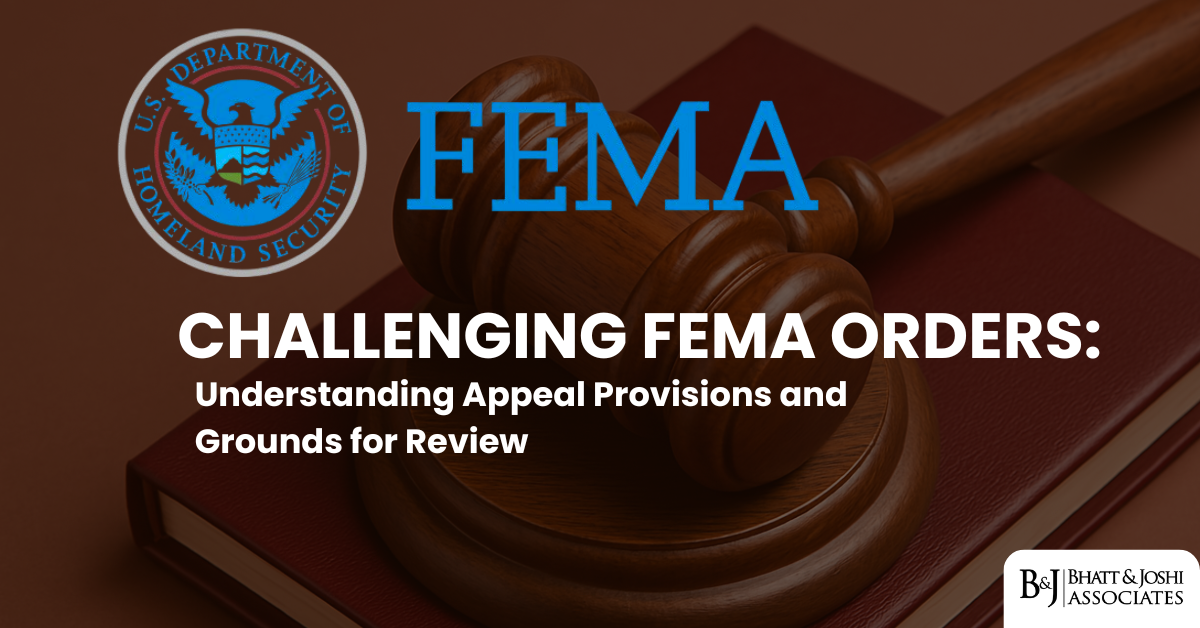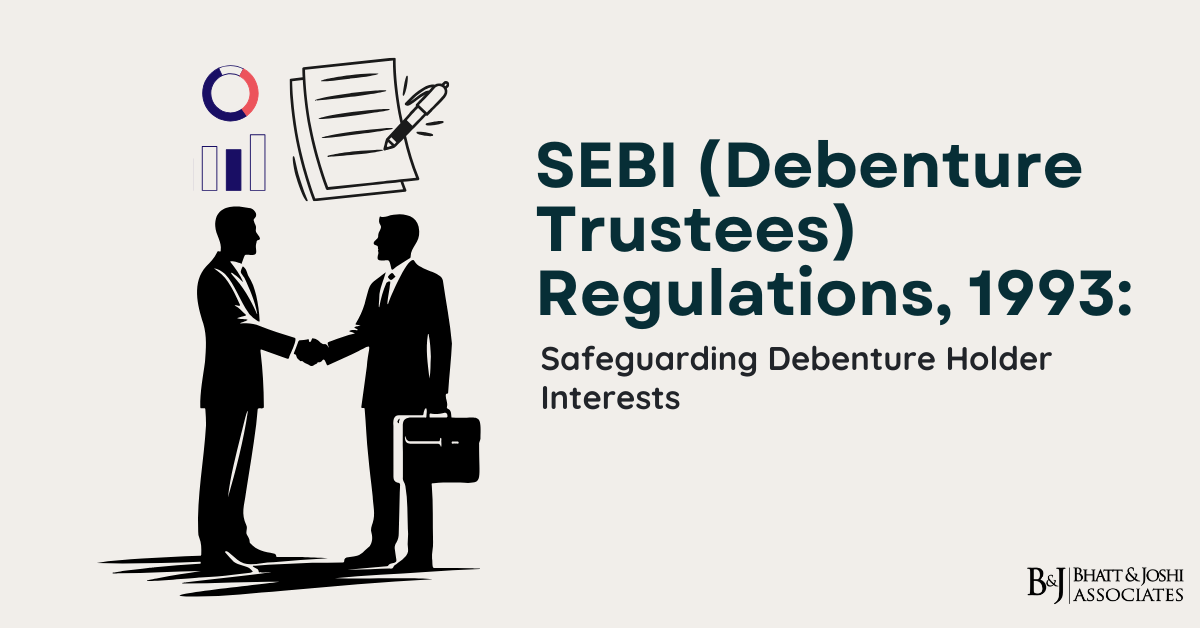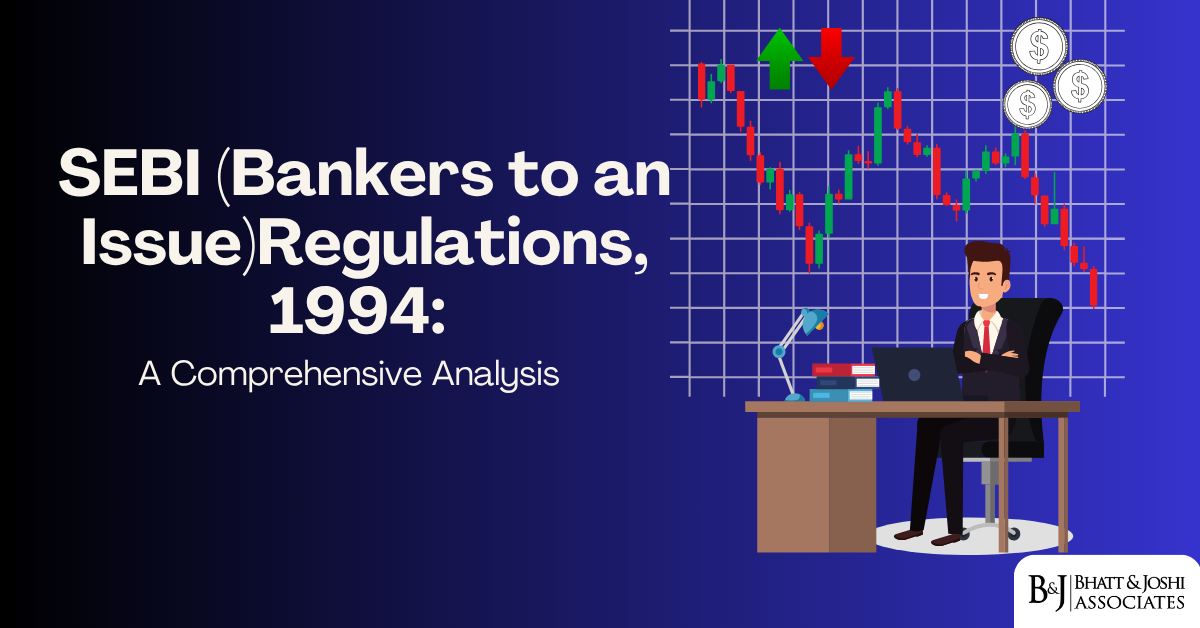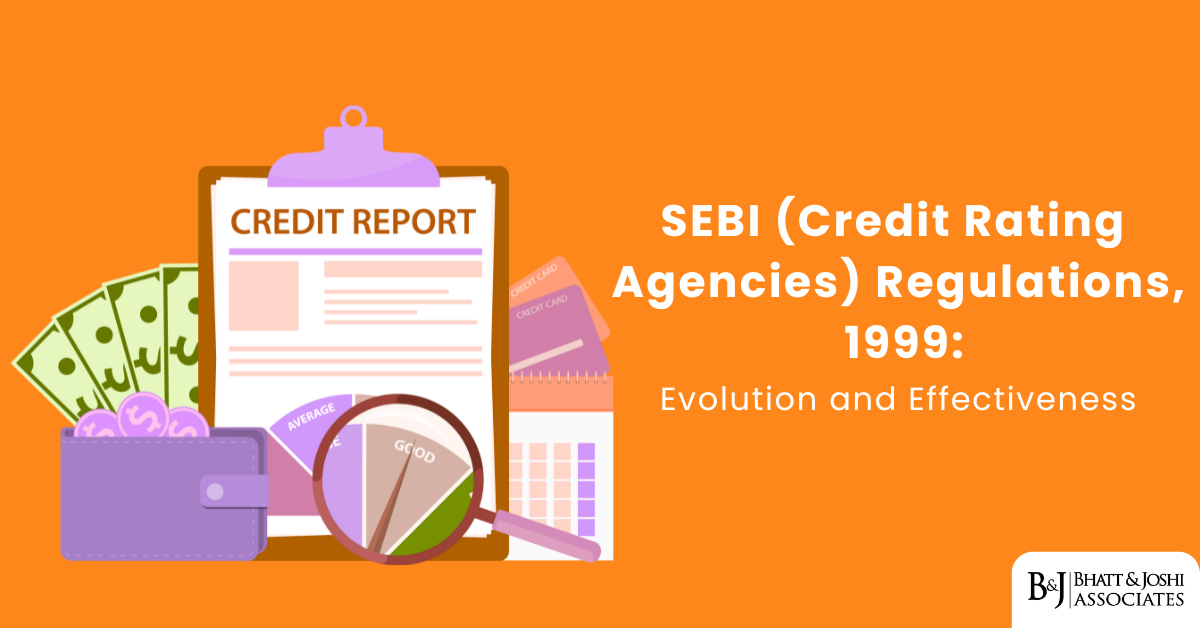Introduction
When faced with an order under the Foreign Exchange Management Act, 1999 (FEMA), understanding the avenues for challenge is crucial for individuals and entities. This guide provides a comprehensive overview of the appeal provisions and the grounds for challenging FEMA orders in India.
Appeal Provisions Under FEMA
FEMA provides a multi-tiered appeal mechanism for those aggrieved by the orders passed by the Adjudicating Authority (AA) or the Special Director (Appeals).
- Appeal to the Special Director (Appeals):
- Any person aggrieved by an order made by the Adjudicating Authority may prefer an appeal to the Special Director (Appeals).
- The appeal must be filed within forty-five days from the date of receiving a copy of the Final Order passed by the AA.
- The Special Director (Appeals) may entertain an appeal after the expiry of this period if satisfied that there was sufficient cause for the delay.
- Appeal to the Appellate Tribunal for Foreign Exchange:
- Any person aggrieved by an order made by the Adjudicating Authority or the Special Director (Appeals) may prefer a further appeal to the Appellate Tribunal for Foreign Exchange.
- This appeal must also be filed within forty-five days from the date of receiving a copy of the order.
- Similar to the Special Director (Appeals), the Appellate Tribunal can condone delays if there is sufficient cause.
- It’s important to note that while filing an appeal against an order levying a penalty, the appellant shall deposit the amount of such penalty with the notified authority. However, the Appellate Tribunal may dispense with this deposit if it believes it would cause undue hardship, subject to certain conditions to safeguard the realisation of the penalty.
- Appeal to the High Court:
- Any person aggrieved by any decision or order of the Appellate Tribunal may file an appeal to the High Court within sixty days from the date of communication of the decision or order of the Appellate Tribunal to him on any question of law arising out of such order.
Grounds for FEMA Review and Challenging FEMA Orders
While FEMA outlines the appeal process, judicial precedents offer insights into the grounds on which FEMA orders can be challenged or reviewed.
- Violation of Fundamental Rights: If a FEMA order is found to be in violation of the fundamental rights guaranteed by the Constitution of India, it can be challenged. For instance, in IQBAL SINGH SABHARWAL v. UNION OF INDIA & ANOTHER, the High Court held that the imposition of a penalty under FEMA for an act that did not constitute a contravention under the prevailing law (FERA) at the time of its commission was against Article 20(1) of the Constitution. The court also noted that initiating fresh proceedings after previous proceedings had concluded with a finding of no contravention was wholly unwarranted.
- Lack of Jurisdiction: If the Adjudicating Authority or any other FEMA authority acts without or in excess of its jurisdiction, the order can be challenged.
- Violation of Principles of Natural Justice: FEMA authorities, including the Adjudicating Authority and the Appellate Tribunal, are guided by the principles of natural justice. If an order is passed without providing a fair opportunity of being heard, or without adhering to the principles of impartiality, it can be subject to review.
- Error of Law: An appeal to the High Court is specifically allowed on any question of law arising out of the order of the Appellate Tribunal. This implies that errors in the interpretation or application of FEMA provisions can be grounds for challenge at the High Court level.
- Unreasonable Delay and Principles of Natural Justice: While FEMA itself does not explicitly prescribe a limitation period for initiating investigations, judicial precedents suggest that the Directorate of Enforcement (ED) is expected to act within a reasonable time. Undue delays in initiating proceedings can be a ground for challenge, as highlighted in the discussion on the principles of natural justice. Courts have asked authorities to justify reasons for delayed investigations, ensuring that individuals are not prejudiced by belated actions.
- Order Based on Incorrect Facts or Non-Application of Mind: If the FEMA order is based on demonstrably incorrect facts or if there is evidence to show that the authority did not apply its mind to the relevant information, it can be challenged. The Karnataka High Court in Karnataka High Court rejects Xiaomi Technology’s challenge to the constitutional validity of S. 37-A of FEMA noted that the seizure order in that case was not cryptic or perfunctory and showed application of mind. This suggests that a lack of application of mind could be a ground for challenge.
- Previous Order Attaining Finality: As seen in IQBAL SINGH SABHARWAL v. UNION OF INDIA & ANOTHER, if a previous order on the same matter has attained finality, the initiation of fresh proceedings can be deemed wholly unwarranted.
Key Considerations for Legal Practitioners
- Timelines: Strict adherence to the prescribed timelines for filing appeals is crucial.
- Deposit of Penalty: Be aware of the requirement to deposit the penalty amount when appealing against orders imposing penalties, and the conditions under which this can be dispensed with by the Appellate Tribunal.
- Grounds for Appeal at Each Stage: Understand the specific grounds for appeal at each level of the hierarchy (factual and legal grounds at the Special Director/Tribunal level, primarily legal grounds at the High Court level).
- Importance of Thorough Documentation: Maintaining comprehensive documentation related to the FEMA proceedings and the grounds for appeal is essential.
Conclusion: Navigating the Challenge
Challenging FEMA orders requires a thorough understanding of the appeal provisions, the hierarchy of appellate authorities, and the established grounds for review based on the Act and judicial pronouncements. Legal practitioners must carefully assess the specific circumstances of each case to determine the most appropriate course of action and ensure that their clients’ rights are effectively protected within the framework of FEMA.
Citations:
- 10 Landmark FEMA & Banking Case Laws | 2022 | Expert Analysis and Explanations
- Introduction to Investigation & Adjudication under FEMA
- Beyond Boundaries: Absence of Limitation in FEMA Enforcement
- CWP_21532_2008.pdf
- Karnataka HC declares S. 37A of FEMA constitutionally valid | SCC Blog
- Foreign Exchange Management Act -FEMA
Article by: Aditya Bhatt
Association: Bhatt and Joshi














